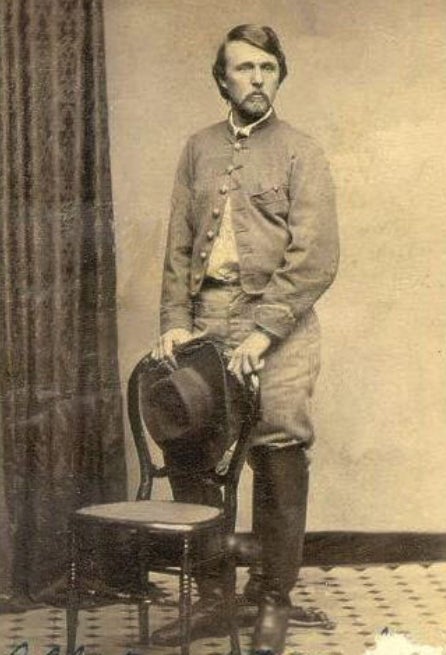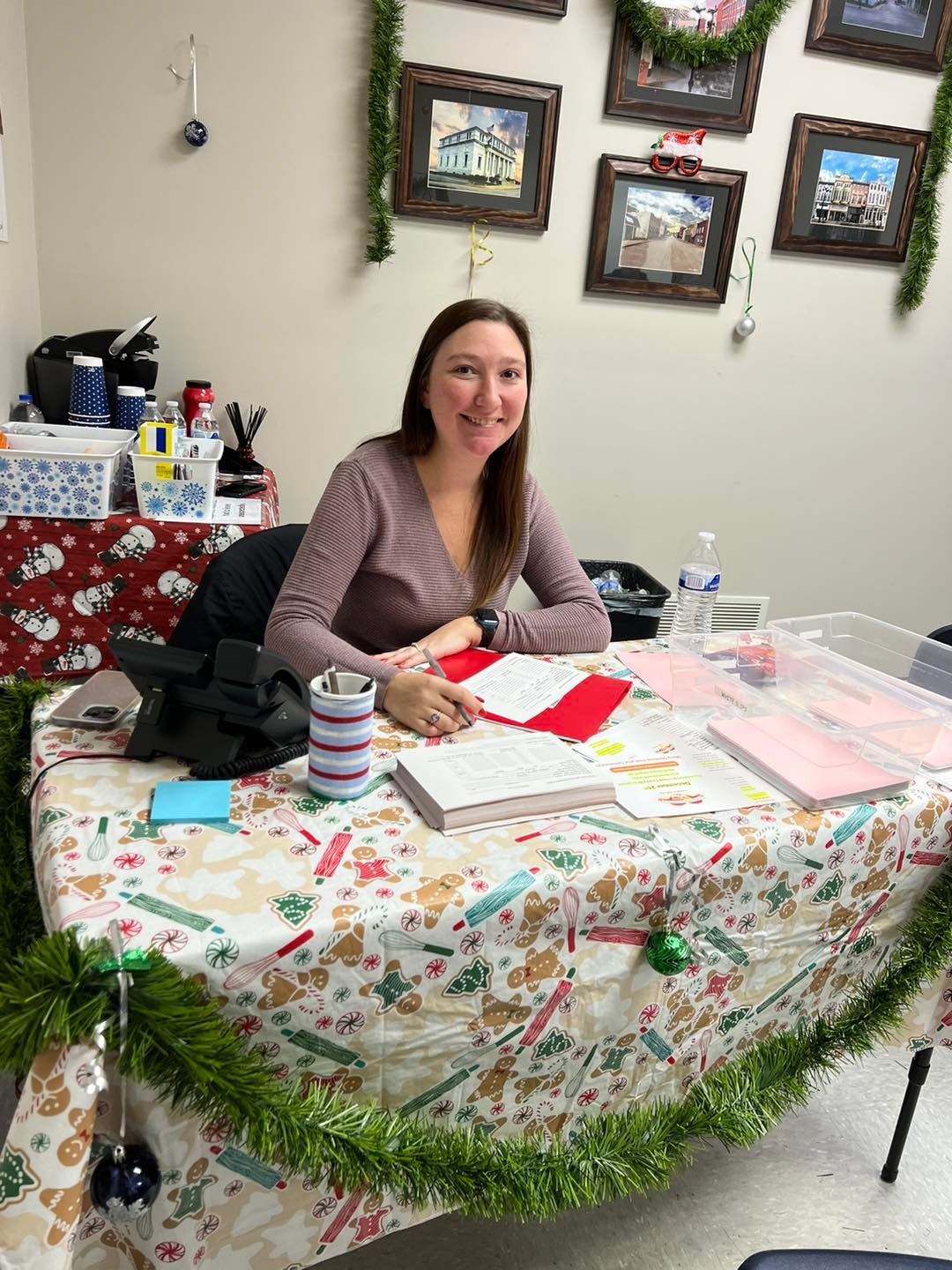Capt. Leeland Hathaway’s adventure
Published 12:52 pm Friday, January 6, 2017

- Leeland Hathaway from Hathaway Family Collection, University of Kentucky. (Photo submitted)
Editors note: Harry Enoch’s “Where in the World” column will now be published every other week on Fridays rather than each week at the author’s request.
Leeland Hathaway (1834-1909) was born in Montgomery County. He was a student at the Kentucky Military Institute, then located on the outskirts of Louisville, and Transylvania University, where he studied law.
In September 1862, Hathaway made his way to Tennessee, enlisted in John Hunt Morgan’s command and was made adjutant of the 9th Kentucky Cavalry. He campaigned with Morgan until the summer of 1863, when he was captured at Buffington Island during Morgan’s Indiana-Ohio raid.
Imprisoned at Allegheny, Pennsylvania, Lt. Hathaway was exchanged in April 1865. Having been reassigned before his capture to the 14th Kentucky Cavalry, he tried to make his way back to the regiment in company with two companions, Winder Monroe and Jack Messick.
On their way south they encountered Lee’s troops retreating from near Richmond. They continued on to Danville, Virginia, where they met Gen. John C. Breckinridge, who supplied them with boots and horses. They made their way farther south, dodging federal patrols, without finding any sign of their unit.
Winder Monroe suggested they head for Abbeville, South Carolina, where his grandfather was a judge. They arrived there near the end of April. Two days later they learned that President Jefferson Davis’ wife, fleeing Richmond, had just reached the town and was in need of assistance. Varina Davis was travelling with her four children, her sister and the president’s secretary, Burton Harrison. Hathaway later wrote about his attempt to escort Mrs. Davis to safety.
She wanted to start for the Florida coast where she could board a ship and take her children to safety. Hathaway “suggested that we might be of service to Mrs. Davis,” and she gladly accepted. Together with Monroe and Messick they got her voluminous baggage loaded on two ambulances and set out on the 30th.
The caravan reached Washington in northeast Georgia on May 2. “After leaving Washington, our trip for several days was only a march of a score or more of miles during the day and the incidents of camp-life during the night. Mrs. Davis…bore the fatigues of travel and the rude fare of the camp with a spirit that was contagious, and veterans learned a new lesson of heroism from this gentle woman.”
They were stopped several times by “parties of disbanded troops, who mistook our train for quartermaster stores or the Confederate Treasury.”
A wagon hidden in the woods was discovered that same month — May 1865 — and found to contain $180,000 in coin and $4 million in Confederate paper money. Even so, for years after the war lurid stories were published about the fate of the Confederate treasury that some estimated to be worth from $2 million to $30 million.
Around midnight on May 6, “we were aroused by the sound of horses’ feet [and] to our great surprise it was the President with his staff and escort.”
On May 9, they went into camp about a mile from Irwinsville, Georgia, “the President occupying a tent with his wife and smaller children.”
At daylight, a regiment of Michigan troops appeared at the camp and “startled us with their shouts, ‘Where is the President?’”
Davis was soon recognized and surrendered to a federal officer. “The absurd story of his being in woman’s clothing has been so thoroughly contradicted and put to rest that it is not necessary to mention it further.”
Davis and his wife, Hathaway and companions along with the rest of the company were taken by wagon to Macon, by train to Augusta then by boat to Savannah. There they boarded a government vessel, “which without delay steamed away for — we did not know where.” Hathaway and his friends were so exhausted that “the uncertainty which veiled our fate could scarcely disturb our rest.”
“We awoke one morning to see the casemates of Fortress Monroe frowning upon us.” (Casemates are fortified gun emplacements.) “Mr. Davis…at once predicted that this was to be his gaol.”
After Davis’ family was released, he was imprisoned at Fort Monroe in Hampton, Virginia, and remained there for two years.
Hathaway, Monroe and Messick were taken to Fort McHenry and locked in separate cells in an old brick stable. Two months later, Hathaway had still not learned why they were there. He decided to risk using a $20 gold piece Varina Davis had given him to bribe a guard into mailing a letter addressed to his father in Kentucky.
Hathaway’s father, after being denied entrance to Fort McHenry, went directly to President Andrew Johnson explaining the boys’ predicament. Johnson soon learned from the Secretary of War, Edwin Stanton, that the boys were suspected of being involved in Lincoln’s assassination, in a plot supposedly cooked up by President Davis himself. When Stanton could produce no evidence of his suspicions, President Johnson ordered the boys’ release.
That August Hathaway was invited to attend the Clark County Fair by Levi Wheeler, whom Hathaway had served with during the war. At the fair, Hathaway met Levi’s sister, Mattie Wheeler. In her diary she recorded, “I made a great many acquaintances, among the rest was Mr. Leland Hathaway, one of the most interesting and fascinating gentlemen I ever met.” They would marry the following April.
Hathaway settled in Clark County, where he established a successful law practice with James French. Their office was on Court Street. Leeland and Mattie lived at 253 S. Main St. (a few doors south of the Bluegrass Heritage Museum). Mattie died in 1893, Leeland in 1909. They are buried in Winchester Cemetery.





